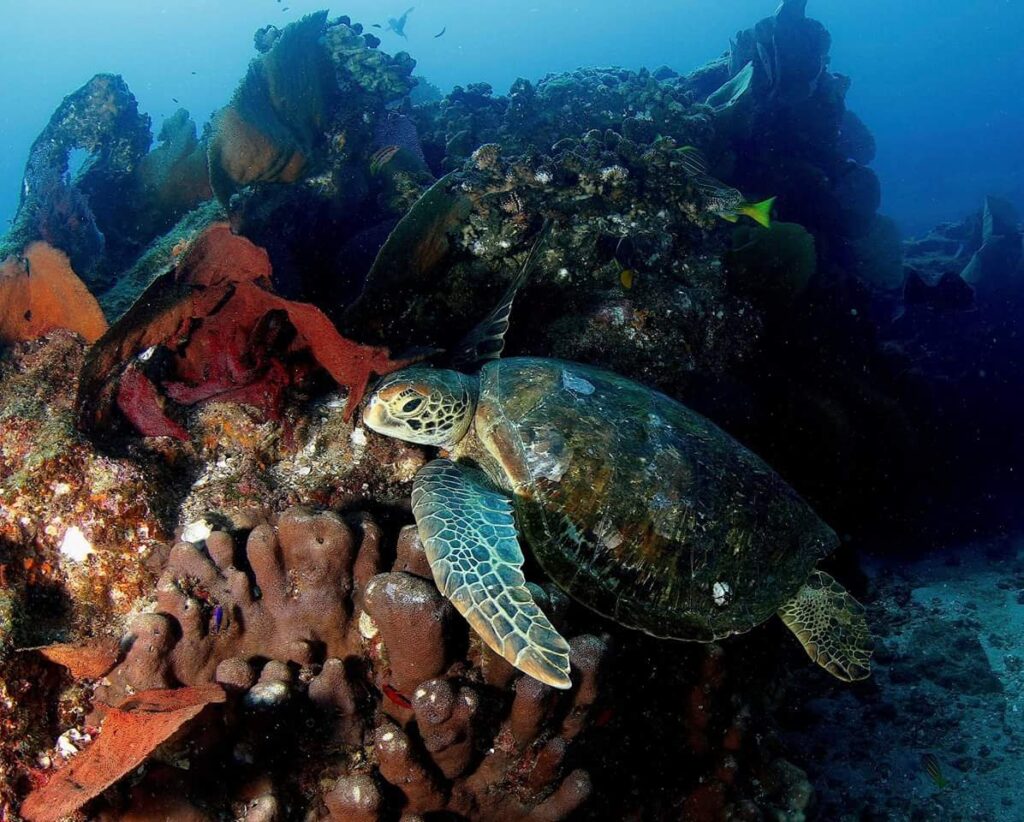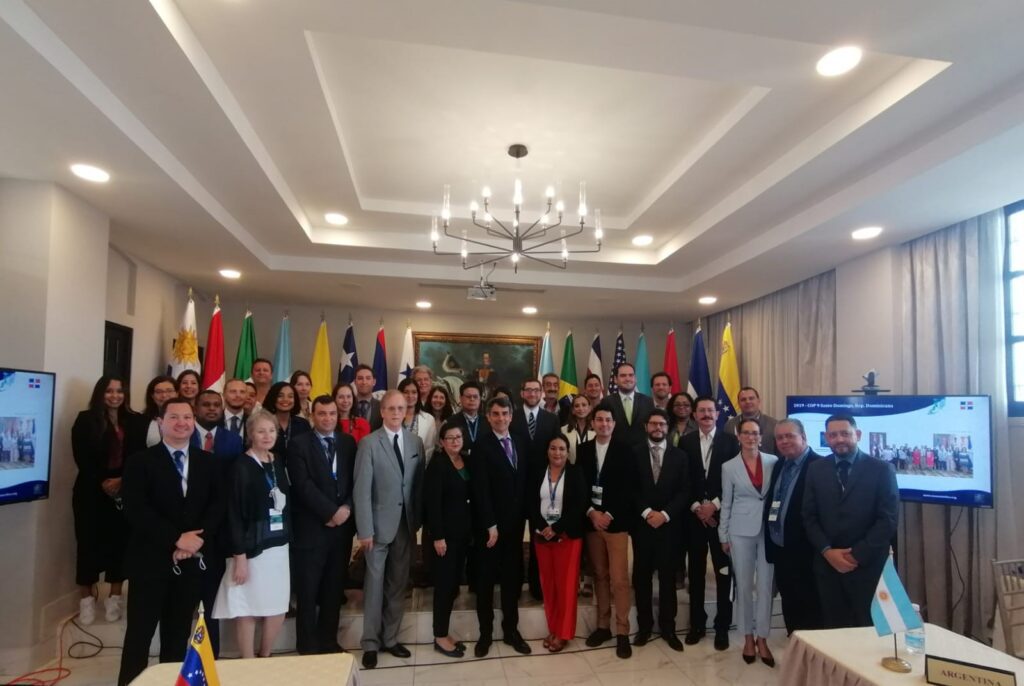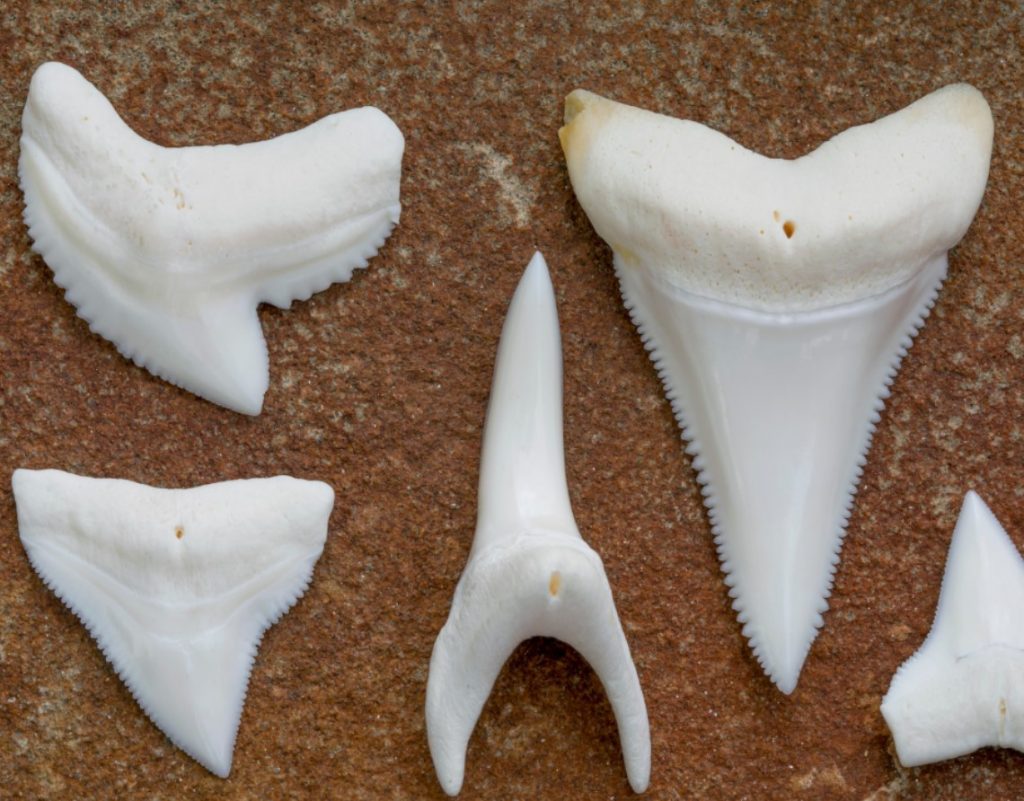Today, as Sea Turtle week comes to an end, Panama lies on the center stage of turtle conservation in the Americas, as it proudly hosts the 10th Conference of the Parties for the Inter-American Convention for the Protection and Conservation of Sea Turtles (COP 10 – IAC). The IAC entered into force in 2001 and currently has sixteen Contracting Parties and several others are in the process of becoming members.
Over the last 200 years, sea turtle populations have been severely reduced due to a myriad of threats, such as the direct consumption of meat and eggs, fisheries bycatch, habitat loss, and now the impact of climate change. The IAC is a regional treaty and multi-government coordination platform that enables implementation of harmonious measures between nations, multilateral coordination of conservation and protection actions, and oversight of the implementation of a regional agenda to ensure the recovery of the six sea turtle species that inhabit the waters of this continent. The Convention promotes the protection, conservation, and recovery of the sea turtle populations and the habitats upon which they depend.

Decisions and recommendations are made by the IAC based on the best available data and taking into consideration the environmental, socioeconomic, and cultural characteristics of the Parties.
Because sea turtles migrate across international borders, regional coordination and cooperation among States is needed to ensure the recovery of their populations. The Convention´s structure is a Secretariat with two advisory groups: a Consultative Committee, formed by elected representatives from the scientific community, private sector and NGOs; and a Scientific Committee, which makes recommendations on scientific and technical matters.
One of the key functions of the IAC is to articulate national and regional legislation involving sea turtle conservation and management, and to ensure alignment and compliance with other international agreements and treaties.
Of particular importance is the regulation of both industrial and artisanal fisheries at a regional level, because fisheries often interact with sea turtles, resulting in unintended bycatch and mortality. All Party members are responsible for implementing recommendations at the national level by adopting appropriate conservation and management measures, as well as annual reporting.
The IAC is currently hosted by the United States until 2025 and supported by the US Fish and Wildlife Service via the Marine Turtle Conservation Fund, which provides both financial and in-kind support for operational and administrative services for the COP, subsidiary meetings, and regional workshops.[MOU1]

Although the actual COP meeting is more of a formal protocol event, where the parties meet in person and formally vote on the adoption of new recommendations by the Scientific Advisory Committee, as well as to reach a consensus on the exact text and wording for the various declarations that get presented at the end of each COP, much of the work is done behind the scenes by the various committees in coordination with the focal points of each of the member countries.
Our team at MarAlliance is grateful for being invited as external observers in this 10th Conference of the Parties and would like to thank and commend all party member States, individual focal points, and advisors for all the efforts and hard work put forth in advancing the conservation and protection of sea turtles of the Americas.



